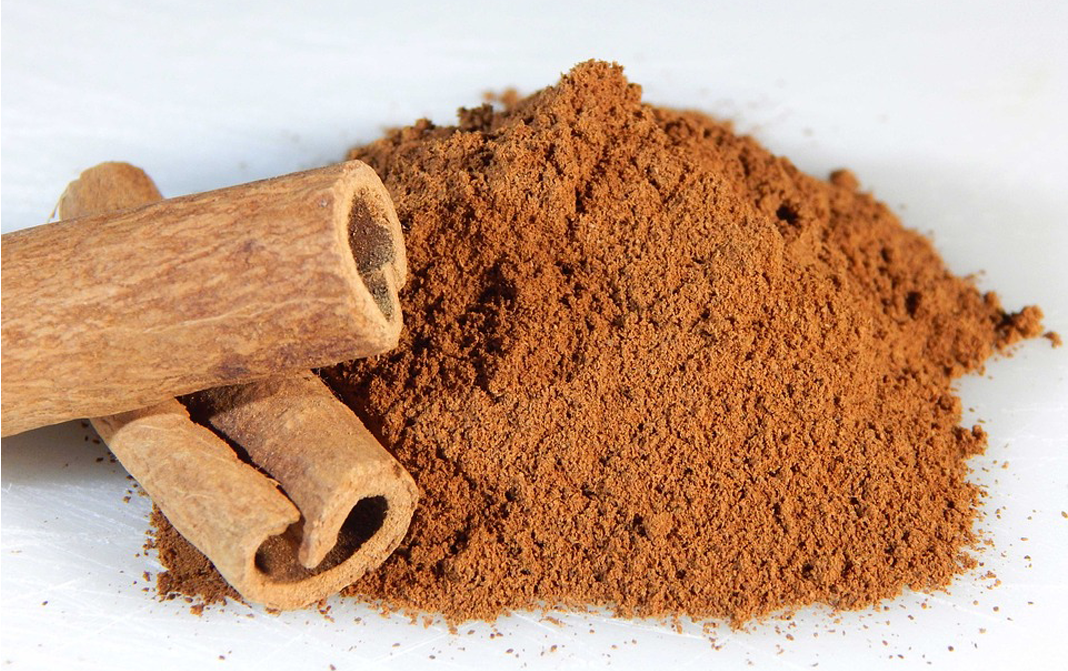


Cinnamon is thought to have many medicinal and soothing properties, and is used frequently in Chinese herbal medicine. Cinnamaldehyde displays antiviral, antibacterial and antifungal properties. (1)
Cinnamon also contains large amounts of polyphenol antioxidants. The antioxidants in cinnamon have been found to have anti-inflammatory effects. (1)
It has been suggested that cinnamon can have a moderate effect in improving glycaemic control and supporting the management of type 2 diabetes. (1)
Cinnamon may help lower LDL (bad cholesterol) levels and raise HDL (good cholesterol) levels. One compound in particular, cinnamate, may be able to decrease the activity of an enzyme that makes cholesterol, thus reducing the amount of fatty acids in the blood. (2)
Cinnamaldehyde is the incredible compound that gives cinnamon its odour and flavour, and it can also ease swelling and prevent blood platelets from clumping together. (2)
Regular cinnamon contains high amounts of coumarin. Studies have shown that eating too much coumarin may increase the risk of liver toxicity and damage. (3)
Some people are allergic to a compound in cinnamon called cinnamaldehyde, which can cause mouth sores. However, this seems to mostly affect people who use too much cinnamon oil. (3)
- Disclaimer
"Information here is provided for discussion and educational purposes only. It is not intended as medical advice or product or ingredient review/rating. The information may not apply to you and before you use or take any action, you should contact the manufacturer, seller, medical, dietary, fitness or other professional. If you utilize any information provided here, you do so at your own risk and you waive any right against Culinary Communications Private Limited, its affiliates, officers, directors, employees or representatives.”
Description
Cinnamon is a spice mainly obtained by cutting the stems of cinnamon trees. When it dries, it forms strips that curl into rolls, called cinnamon sticks. These sticks can be ground to form cinnamon powder. Being an aromatic condiment and flavouring additive in a wide variety of cuisines, sweet and savoury dishes, breakfast cereals, snackfoods, tea and traditional foods. It has been used as an ingredient throughout history, dating back as far as Ancient Egypt. It’s high in cinnamaldehyde, which is thought to be responsible for most of cinnamon’s health benefits.